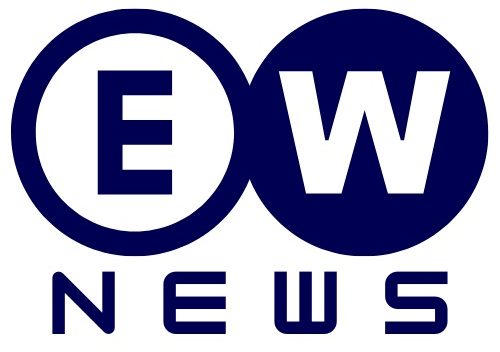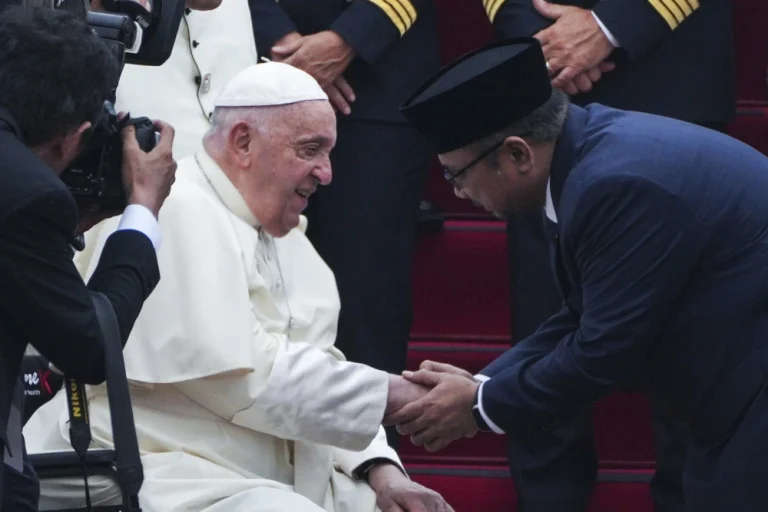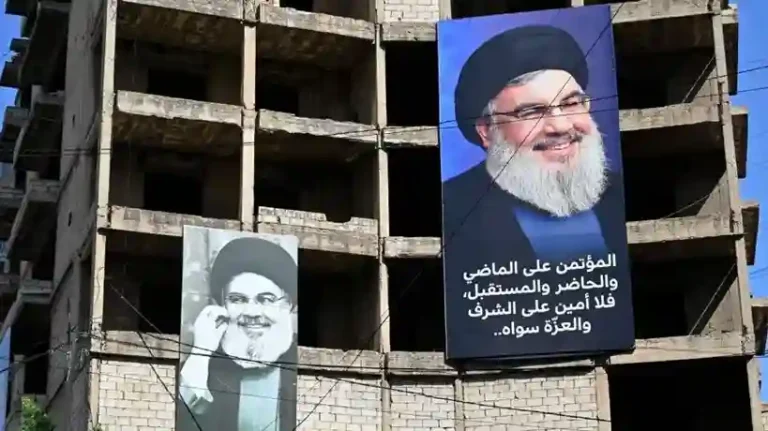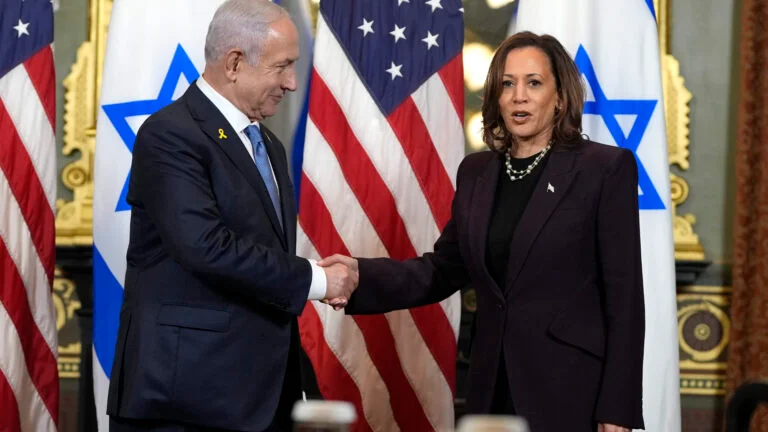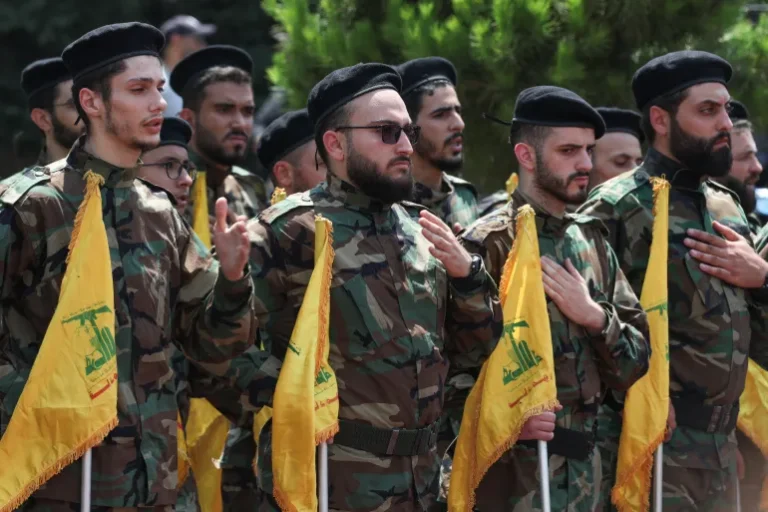Israel’s prime minister has announced that the most intense phase of the assault against Hamas in Gaza is nearing completion, allowing forces to be redeployed to the Lebanese border, where escalating clashes with Hezbollah have heightened concerns of a broader conflict.
In his first public interview with a Hebrew-language network in over eight months, Benjamin Netanyahu backtracked on his support for a US-backed ceasefire proposal with Hamas, hinting at a more limited agreement instead.
Later on Monday, Netanyahu affirmed his commitment to the ceasefire proposal. He made these comments on Israel’s right-wing Channel 14, while the top US military officer warned of the risk of Iran being drawn into a broader conflict with Hezbollah, which could endanger US forces in the area.
“We will have the capability to move some of our forces north, and we will do that,” Netanyahu stated in the interview, which was often interrupted by applause from the studio audience.
He expressed hope for a diplomatic resolution to the crisis but promised to address the issue “in a different way” if necessary. “We can fight on several fronts, and we are prepared to do that,” Netanyahu added.
The prime minister indicated that the offensive in Gaza would continue with targeted operations to prevent Hamas from regrouping. He suggested he was open to “a partial deal [with Hamas] – this is no secret – that will return some of our people,” referring to the approximately 120 hostages still held in Gaza. “But we are committed to continuing the war after a pause to achieve the goal of eliminating Hamas. I’m not willing to give up on that,” he stated. Hamas responded with a statement saying Netanyahu’s stance confirmed his rejection of the ceasefire proposal put forward by US President Joe Biden.
The group insisted that any agreement must include a permanent ceasefire and the withdrawal of Israeli forces from Gaza “to prevent Netanyahu’s attempts of evasion, deception, and continued aggression and extermination against our people.”
The connection between the conflicts with Hamas in Gaza and Hezbollah along the Lebanese border has increasingly complicated the dynamics of the multi-front war.
Hezbollah maintains that an end to the war in Gaza is a precondition for stopping its attacks and opening negotiations, while Israel asserts that Hezbollah must withdraw from the Lebanese border as mandated by the UN Security Council resolution that ended the second Lebanese war in 2006.
The threat of an escalating northern conflict seems to support Hamas’s refusal to agree to a ceasefire-for-hostages deal while Israeli troops are still in Gaza and offensive operations continue.
